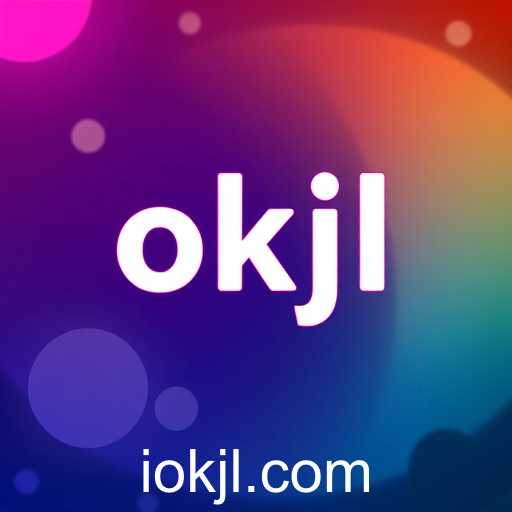Explore the captivating world of spelling challenges in educational gaming, designed to enhance vocabulary and cognitive skills through engaging and competitive formats.
In the ever-evolving digital landscape, educational games have found a significant niche, blending entertainment with learning in engaging ways. One such popular category under this vast umbrella is "Spelling Challenges". These games not only help individuals hone their spelling skills but also enhance vocabulary and cognitive abilities. With the keyword "okjl", this particular category of games has garnered attention among those looking to improve their language proficiency.
Spelling challenges are designed to cater to a broad audience, from young learners who are just beginning their linguistic journey to adults looking to sharpen their spelling acumen. The charm of these games lies in their simplicity and adaptability. Often, they present a series of scrambled letters or audio cues, asking users to correctly spell words within a specific timeframe. Success requires a keen ear for phonetics and a comprehensive understanding of language nuances.
Moreover, the keyword "okjl" hints at the underlying algorithmic complexity that powers these games. It suggests features that leverage machine learning to adapt to a player’s skill level, offering progressively challenging tasks as users demonstrate proficiency. This ensures that both beginners and advanced spellers find the game equally engaging and rewarding.
In recent years, the importance of spelling challenges has expanded beyond mere academics. Research highlights how these exercises can benefit brain development, memory retention, and concentration levels. By frequently engaging with such games, individuals can experience improved problem-solving skills and faster cognitive processing. This makes spelling challenges an ideal tool not only for students but also for professionals in linguistically demanding sectors.
The popularity of online spelling challenges can also be attributed to their competitive element. Many platforms include leaderboards, allowing users to compete globally. This social aspect encourages players to continuously improve, fostering a sense of community among language enthusiasts.
As technology advances, we can anticipate spelling challenges to evolve too. Incorporation of augmented reality and virtual reality could redefine the user experience, making the learning process immersive and far more interactive. Nevertheless, the fundamental objective remains unchanged: providing an enjoyable platform for language enrichment.
In conclusion, spelling challenges, epitomized by the keyword "okjl", represent an essential component of educational gaming. They offer a dynamic blend of learning and fun, making them a perennial favorite among users. With the increased focus on personalized learning experiences, this game category is poised to witness sustained growth in the coming years.




